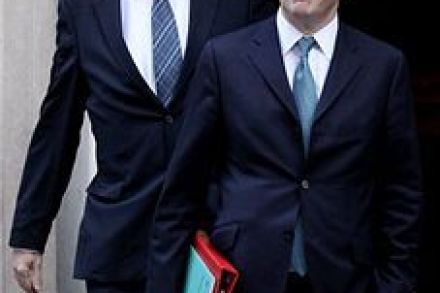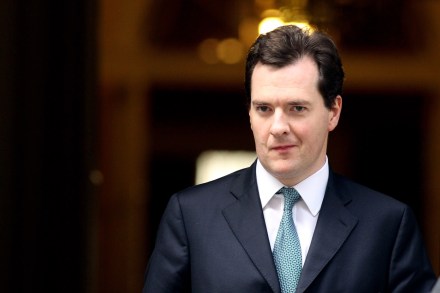The Big Society in action
The Big Society, in so far as it can be defined at all, envisages an empowered people taking responsibility for their local communities. The little platoons’ efforts could determine the atmosphere of a place, by helping to deliver public services, founding employment schemes, running activities that unite the rich and the dispossessed, and exercising more influence over planning authorities. It is, in effect, an assault on adamantine local government, overbearing central government and predominant corporatism. This morning’s Independent has a cockle-warming tale of how the fledgling culture of localism and voluntarism is taking flight: ‘More than 230 separate local campaign groups against wind farms are operating across the UK, from




















